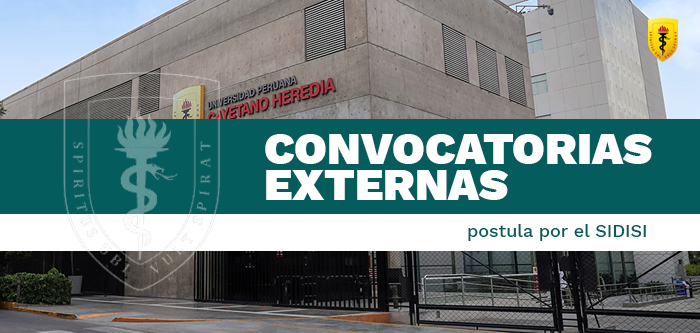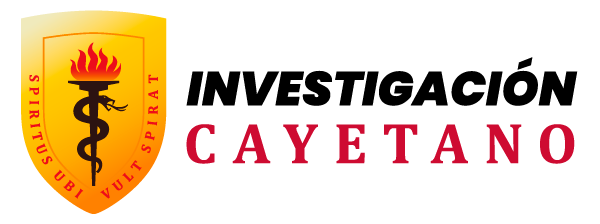Integrating Mental Health Care into Health Care Systems in Low- and Middle-Income Countries

Integrating Mental Health Care into Health Care Systems in Low- and Middle-Income Countries (R01 Clinical Trial Optional)

Integrating Mental Health Care into Health Care Systems in Low- and Middle-Income Countries (R01 Clinical Trial Optional)
Research capacity element
Researchers are expected to describe a plan and activities between the partner country institutions and/or between the LMICs institutions, to strengthen research capacity at local and regional levels in LMICs and enhance the potential for multidirectional knowledge and research advancements exchange.
Activities may include but are not limited to:
- Sharing education platforms to strengthen and develop expertise across research team members in different institutions and countries.
- Engaging students and early investigators from the partner country institutions in bilateral training and exchanging knowledge on topics relevant to the research project.
- Providing opportunities for obtaining relevant qualifications and expertise in research (e.g., Master’s and Ph.D. degrees).
- Developing and disseminating implementation science programs to support the development of future studies.
- Training in writing and submitting grants to NIH, written and publishing manuscripts.
- Professional development in grants administration to foster proficiency in the management of scientific and administrative aspects of the grant.
- Contributing to inform and disseminate common measures/data elements, evidence-based treatment, prevention, and health system policies where the study is taking place.
- Making efficient use of local/regional oversight bodies such as International Review Boards (IRB) and Data and Safety Monitoring Boards (DSMBs)
Examples of relevant research topics include but are not limited to:
This FOA aims to support innovative implementation research to develop, optimize, and test innovative strategies for implementing, scaling up and financially sustaining integrated mental health care models in LMICs.
The general scope of the research includes, but is not limited to:
- Identify and implement an optimal integration model to ensure scalability and sustainability.
- Identify the necessary core elements of integrated mental health care models (e.g., routine screening, training/hiring case manager and consulting, disease registry)to enable the model’s implementation, scale-up, and sustainability.
- Develop and test implementation strategies and innovative health technologies to improve health system-, patient-, and family-level outcomes and ensure the quality of integration.
- Develop and test models and strategies for training, supervising, and supporting providers, including identifying the optimal functions, roles, and composition of integrated care teams to deliver integrated care with fidelity and high quality.
- Test mechanisms of actions/ target mediators of implementation strategies for overcoming barriers to the adoption, adaptation, integration, scale-up, and sustainability of integrated care models.
- Develop and test models and strategies for linking integrated care with other community-based services.
- Develop and test behavioral economic strategies, financing models (payment mechanisms), and health policies that influence the success of scaling up and sustaining the provision of integrated care; by including an integrated care model on the universal health system and a cost-effective bundle of service.
- Determine how an integrated care model can best engage local communities to enhance service user participation (e.g., demand and utilization).
- Examine the independent and complementary or synergistic effects on the mental and physical health outcome of integrated care models with multilevel interventions targeting modifiable conditions (e.g., the structure of the health system, health policies, and other social drivers of mental illness).
- Test strategies that target health system arrangements, such as incentives, regulations, and policies, which may facilitate or deter the availability (supply), accessibility, scalability, and sustainability of integrated care model and test relevant approaches to measure and extract existing data regarding these arrangements.
Required Application Instructions
It is critical that applicants follow the instructions in the Research (R) Instructions in the SF424 (R&R) Application Guide, except where instructed to do otherwise (in this FOA or in a Notice from NIH Guide for Grants and Contracts).
Conformance to all requirements (both in the Application Guide and the FOA) is required and strictly enforced. Applicants must read and follow all application instructions in the Application Guide as well as any program-specific instructions noted in Section IV. When the program-specific instructions deviate from those in the Application Guide, follow the program-specific instructions.
Applications that do not comply with these instructions may be delayed or not accepted for review.
There are several options available to submit your application through Grants.gov to NIH and Department of Health and Human Services partners. You must use one of these submission options to access the application forms for this opportunity.
Use the NIH ASSIST system to prepare, submit and track your application online.
Use an institutional system-to-system (S2S) solution to prepare and submit your application to Grants.gov and eRA Commons to track your application. Check with your institutional officials regarding availability.
Use Grants.gov Workspace to prepare and submit your application and eRA Commons to track your application.
Key Dates:
Posted Date: February 10, 2022
Open Date (Earliest Submission Date): May 22, 2022
For more information, please go to https://grants.nih.gov/grants/guide/rfa-files/RFA-MH-22-130.html#_Section_I._Funding
Link para postular por el SIDISI: https://intranet.upch.edu.pe/sidisi/convocatoria/public/index/id/291



